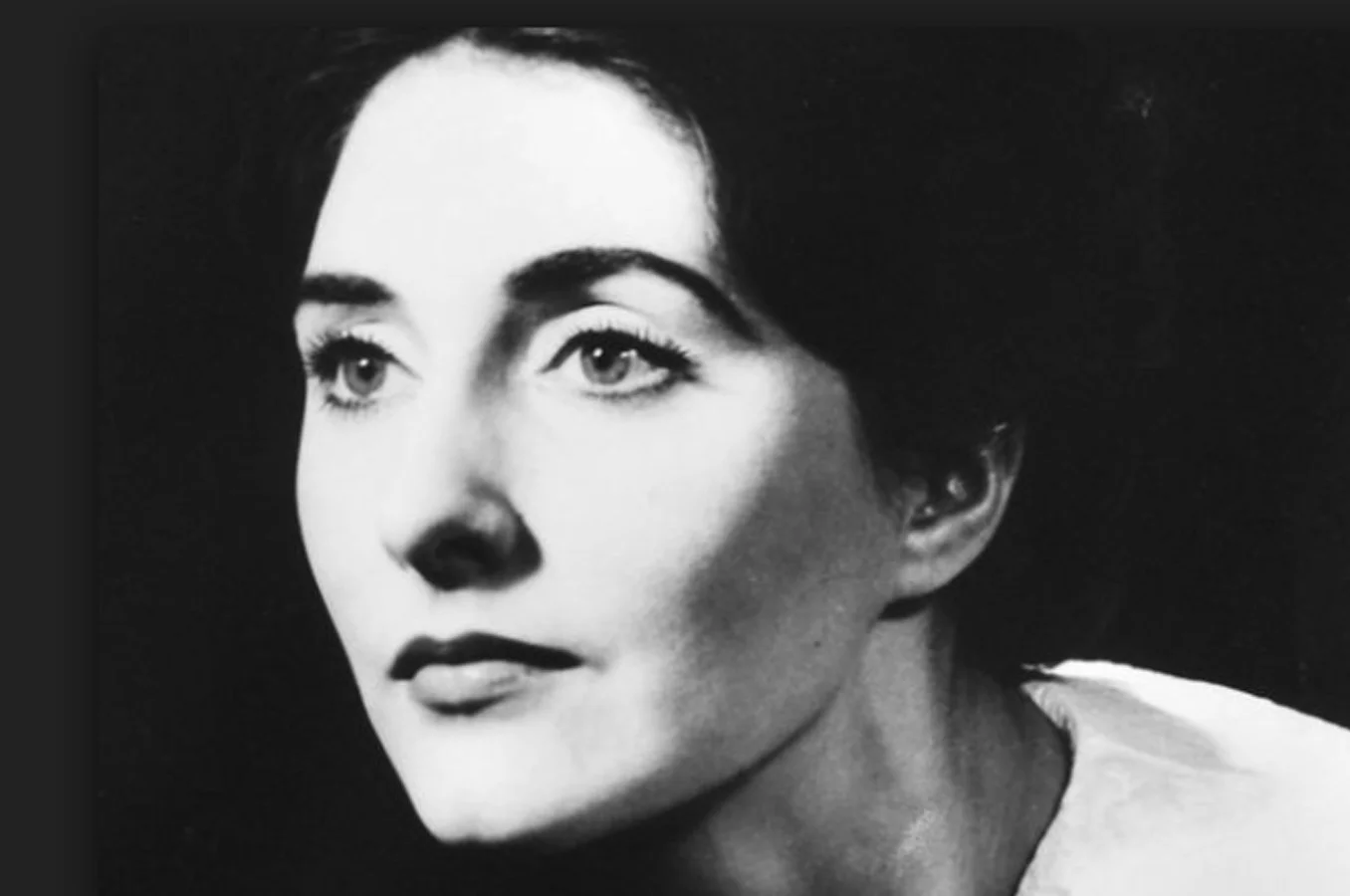You are applying for a job. Great! But you have been asked to provide a covering letter with your CV, and your first reaction is “Help!” If you feel dread at the very thought of writing covering letters, you are far from alone.A covering letter is the first thing, and therefore the most important thing, the recruiter will read. It is your way of introducing yourself and breaking the ice. It doesn’t have to be a formal letter or very long. In fact, it’s better if it is short, clear, and sounds like a person (not a robot) has written it.For some people, it can help to think of the covering letter as a short introduction message – a chance to ‘speak’ directly to the recruiter in their own words. For others, it is useful to think of the covering letter as a tool to connect the dots in a career journey to make a compelling story.However you approach it, keep in mind these important Covering Letters Dos and Don’ts.
Covering Letters Dos and Don’ts
Covering Letters - The Dos:
1. Fit your covering letter on one A4 page, ideally with just 4-5 short paragraphs, and use Arial or another common, easy to read, font.2. Address your cover letter to an actual person, ie “Dear Ms Brown”, rather than “Dear Madam” or “Dear Hiring Manager”. It is worth a quick phone call to the company to find out this information if it is not stated on the job description. If you really can’t find out, then use the job title, eg “Senior Finance Analyst Hiring Manager”.3. Tailor the information to each employer. You need to be clear on why this job is the right fit for you, so include employer-specific and job-specific information on your letter.4. Check your covering letters thoroughly for spelling, grammar and overall readability. Recruiters do not have time to decipher complicated sentences, and they have no tolerance for spelling errors.5. Ask a friend to read your covering letter and the job description and then answer two questions: “does this letter showcase me as the best candidate for this job?” and “do you want to read this letter to the end?” If an applicant sounds like they have considered this specific role and employer, and can succinctly put a sensible case for why they are a good candidate, then they will usually get an interview - even if the CV isn’t a perfect fit for the role. This is the power of a good covering letter!
Covering Letters - The Don’ts:
1. Don’t introduce yourself again in the letter (“My name is Simon Brown …..”). Your name and relevant details should be shown on the top of the page, in a similar (or identical) header to the one you used on your CV.2. Do not repeat the contents of your CV. The recruiter has your CV already so regurgitating the same information will waste a valuable opportunity to explain/demonstrate more relevant information.3. Do not highlight your weaknesses or explain how your experience does not fit with the job description. This is a marketing letter and you should be highlighting your best attributes – your achievements, your motivation, your knowledge and experience.4. Do not start every sentence with the word “I” and do not write in a way that is overly formal or too enthusiastic. Aim to sound genuine, not effusive. Try reading your covering letters aloud, and adjust those bits where you either wince or stumble over words.5. Do not focus on what the company can do for you. This is a very common mistake – I see it in almost all the covering letters I review for clients. The company knows what they can offer, and it is probably similar for all the applicants (development opportunities, excellent training opportunities, perhaps travel, etc). What a covering letter should demonstrate is what you personally can offer to the employer – i.e. the value you will bring to their organisation and this role. This is what will make you stand out from the crowd.So now you know what to do, and crucially what not to do, when writing your next covering letters. And if you need help with your CV, check out our blog post 5 CV Tips: What Recruiters Are Really Looking For.Good luck!Author: Kath Sloggett

